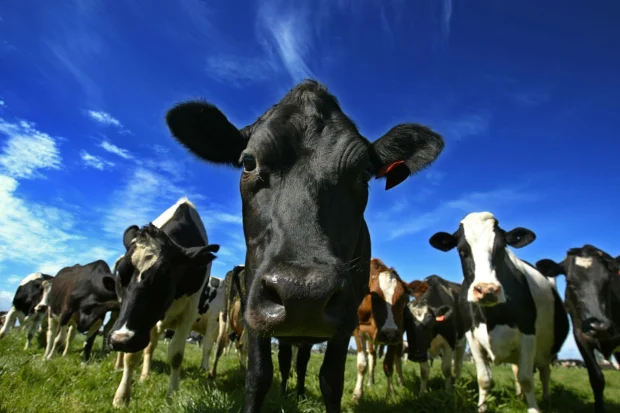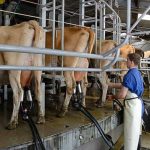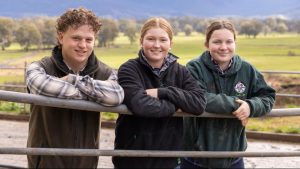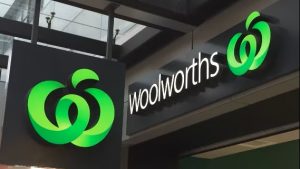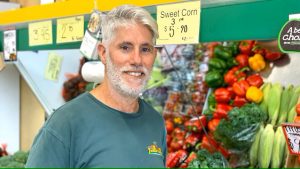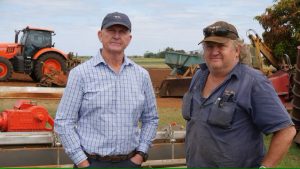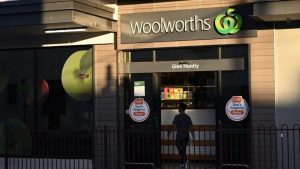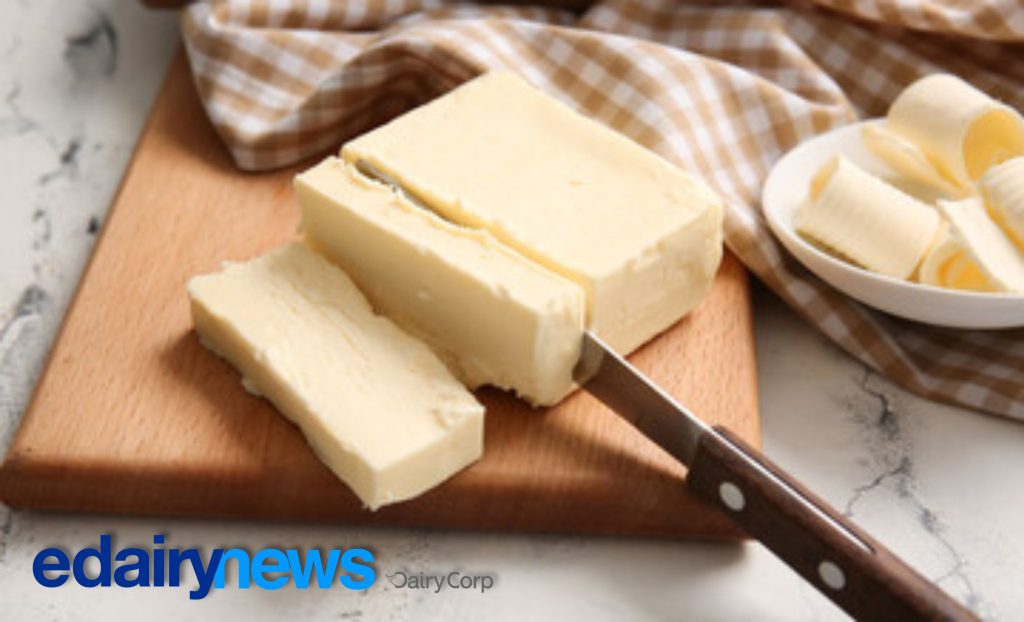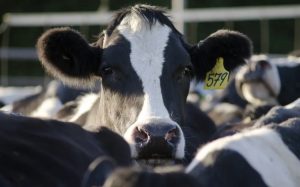
Australia’s dairy sector needs a new white knight, but instead it has found supermarket giant Coles.
The big four dairy groups – Fonterra, Saputo, Lactalis and Bega – are either retreating, thinking about retreating, or looking further up the value chain and away from plain old white milk.
New players, once hopeful of big Australian milk processing and dairy platforms such as China Mengniu Dairy, are also hurting.
So as the likes of Saputo, a Canadian-listed company that burst on to the Australian scene a decade ago, wind back their presence, there are few if any buyers.
Now it’s left to customers, including the big supermarkets, to step down the supply chain and get closer to the farm gate.
In Saputo’s case, that means Coles. The pair signed a $105 million deal over the weekend in which Coles would take control of Saputo’s two big milk processing facilities in Laverton (Victoria) and Erskine Park (NSW).
Coles didn’t want to talk too much about the acquisition on Monday morning, perhaps because it’s a tricky story to tell.
In a statement to the ASX, outgoing CEO Steve Cain said the acquisition would improve the company’s certainty of milk supply and “supply chain resilience in the dairy sector”.
It may also give Coles the chance to work on some new dairy products, and comes after it launched a direct-to-farmers sourcing model in 2019.
The thought of the supermarkets getting one step closer to the farm gate will not please everyone, particularly at a time when milk production is falling as farmers look past recent strong prices and walk away from the industry.
The Australian Competition and Consumer Commission has a long-history of investigating the supermarkets and their milk offerings, and will take a close look. Coles said the transaction was unlikely to be complete until the second half of this year.
Coles’ – and Woolworths’ – relationship with the dairy sector can be uneasy. Across the industry, dairy processors pay the farm gate price for milk, then sell it to supermarkets and other retailers.
The processors need to get price increases out of the supermarkets (by far their biggest customers) to avoid being squeezed by rising farm gate prices. Coles broke from convention in 2019, cutting a deal to pay the farmers a farm gate price, and the processor (in this case Saputo) a separate processing fee.
Two reasons for the move
Industry players reckon it’s the sort of move Coles would make for one of two reasons: because there was no other way to shore-up supply, or because it’s something arch-rival Woolworths may have done.
And with Saputo clearly wanting out, Coles had to move for two important plants.
The real story’s probably what’s happened to Saputo, which spent billions buying a big Australian dairy footprint only to be slowly winding it back, and what it says about the future of Australia’s dairy industry.
Saputo burst on to the local scene in 2013, when it bought then ASX-listed processor Warrnambool Cheese and Butter Factory Company for about $700 million.
Saputo had to fight hard to get the asset, toppling industry players Bega Cheese, Fonterra and Japan’s Lion (now gone from the sector), in what was the hottest Australian M&A contest that year.
That Warrnambool deal kicked off a Saputo buying spree, which included the acquisition of Murray Goulburn in 2017. The Canadian was estimated to have 11.1 per cent of the Australian milk and cream processing market last year, according to IBISWorld data, making it the No.2 player behind France’s Lactalis (13 per cent).
Monday morning’s sale suggests Saputo’s buying spree is over. It had already been closing or streamlining some Australian factories, to try to increase efficiency and productivity as part of a global strategic plan out of its Canadian head office. In a statement, Saputo CEO Lino Saputo reminded industry players the company was in the mood to “maximise the return on every litre of milk”.
It’s worrying news for the dairy sector, at a time when three other players are re-considering their own futures. New Zealand’s Fonterra had its Australian business earmarked for IPO only last year (a plan that has since dropped off the radar), while Lactalis seems more interested in high-branded goods including yoghurt and cheese, according to industry players.
Who’s going to step up to replace the likes of Saputo and make the household staples found in just about every fridge across the country?
Where’s the next big offshore strategic player arriving with fistfuls of cash, just like Saputo did a decade ago?
Perhaps that will be part of Coles’ pitch to the ACCC.
